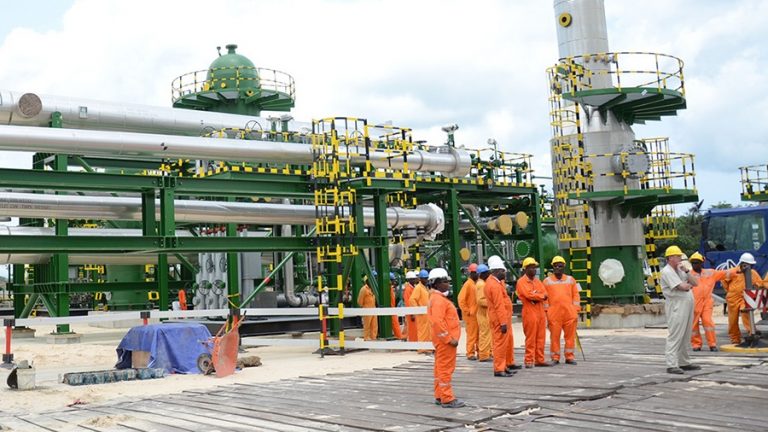The Nigerian National Petroleum Company Limited (NNPCL) has announced the temporary closure of the Port Harcourt Refinery for a scheduled month-long maintenance exercise, raising fresh concerns among fuel marketers over possible supply disruptions and price surges.
In an official statement released on Saturday, NNPCL’s Chief Corporate Communications Officer, Olufemi Soneye, confirmed that the shutdown will commence on May 24, 2025. According to Soneye, the move is part of a planned sustainability and performance optimization program.
“The Port Harcourt Refining Company will undergo a planned maintenance shutdown starting May 24. This is a scheduled sustainability assessment to ensure long-term operational efficiency,” Soneye stated.
He further assured the public that the NNPCL is collaborating with all relevant stakeholders, including the Nigerian Midstream and Downstream Petroleum Regulatory Authority, to conduct the maintenance transparently and efficiently.
Despite these assurances, fuel dealers and station operators in Eleme and Okrika, two communities near the refinery, have voiced apprehensions over the likely ripple effects of the shutdown.
“We fear this may lead to fuel scarcity and increased prices,” a local fuel dealer in Eleme warned. “NNPCL must ensure that supply lines remain intact during this period.”
The refinery closure also comes against the backdrop of a widening probe into alleged financial misconduct within Nigeria’s state-run refining sector. Earlier reports revealed that the Economic and Financial Crimes Commission (EFCC) is investigating multiple former managing directors of NNPCL subsidiaries—including those overseeing the Port Harcourt, Warri, and Kaduna refineries—over the misappropriation of nearly $3 billion earmarked for facility upgrades.
The anti-graft agency’s investigation reportedly uncovered ₦80 billion in the account of one of the former refinery chiefs. The probe has also implicated former NNPCL CEO Mele Kyari and at least 13 other high-ranking officials, according to SaharaReporters.
A source familiar with the EFCC’s inquiry commented:
“Given the history of poor transparency and mismanagement, this shutdown doesn’t come as a surprise. What remains to be seen is whether it’s genuinely for maintenance or just another cover.”
While NNPCL has reiterated its commitment to maintaining fuel supply throughout the maintenance exercise, many retailers remain doubtful.
“We’re watching the situation closely,” said a station owner in Okrika. “If fuel deliveries falter, it could severely impact businesses and put further strain on the economy.”
Nigeria continues to rely heavily on imported petroleum products, making any disruption at domestic refineries a critical concern. The Port Harcourt Refinery, once fully operational, is expected to significantly reduce import dependence. However, until transparency and consistent performance are achieved, skepticism among industry players and consumers is likely to persist.

